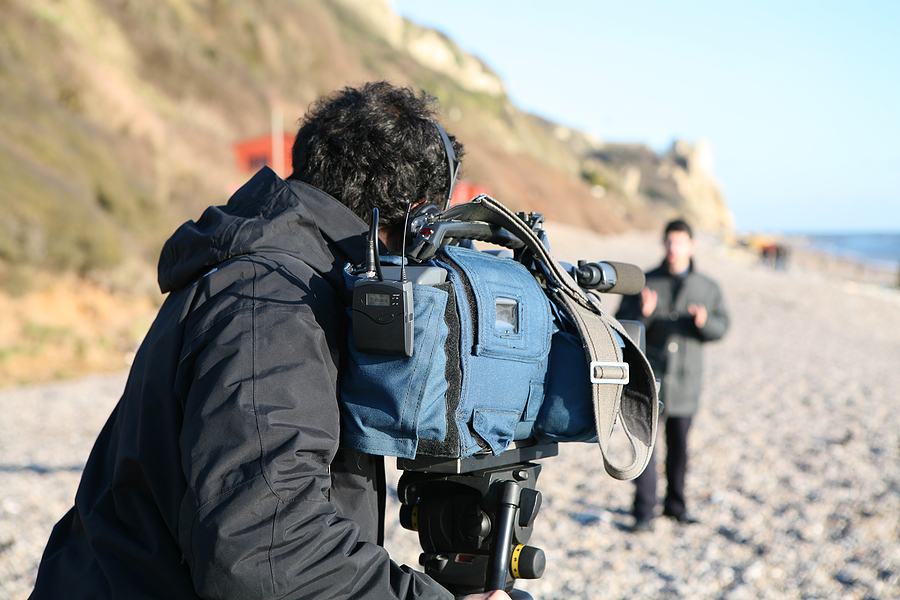Many people talk about building relationships with editors, or being polite and professional in the media industry as if that will win them commissions or publicity for their client. But there are other attributes that are much more important. Whether you are working in public relations, or a journalist, here’s my run-down of the top twenty ways to an editor’s heart.
But there are other attributes that are much more important. Whether you are working in public relations, or a journalist, here’s my run-down of the top twenty ways to an editor’s heart.
1. A great exclusive story or the ability to find one. It doesn’t matter how nice you are, if you don’t have a story there is no reason to talk to you! But editors will always have time if you have the story they want or can get it. And incidentally it must be exclusive.
2. A story with no legal difficulties. Despite what people sometimes imagine, absolutely no-one wants to battle to get a story into the paper or magazine. No-one wants to embark on expensive investigations either – unless it is a potential front page.
3. An interviewee, journalist or PR person who is reliable. When you ring, that person picks up the phone and when you turn up to do the interview, they are there.. I read recently how one PR person (for some reason she thinks this is a good idea) checks emails at 8am and then not again until midday. To succeed in this industry, and not irritate an editor beyond belief, that is just not often enough.
4. An interviewee who is happy to be photographed and be identified. No-one is interested in anonymous stories – if an editor wanted those he or she could make it up themselves.
5. Interviewees who have old photos. So if someone lost weight they ideally have fantastic clear ‘before’ photos to illustrate their story. Incidentally I have seen stories drop out completely just because a divorcee didn’t have an old photo of her ex.
6. A writer who can turn the copy round immediately, or at worse ‘overnight’. When editors are keen, they want the story in straightaway. And if for any reason you can’t write it yourself, any editor will gladly take it off your hands, write it in-house and still pay.
7. Clear accurate copy written in a straightforward style.
8. Copy without any flowery, long and complicated words. Showing off your uber intelligence by including obscure words in your copy is not required (by anyone I can think of…)
9. Copy without your personality injected into it. Even if you’re writing a personal piece, it must fit with the style of the publication. References to your favourite brand, little jokes or plays on words – you might love them, but best to leave them out.
10. Dates, details, quotes that sound natural. A timeline is also required in a story – a starting point, the story and what the situation is now.
11. Copy produced within the amount of words stipulated and written exactly as asked. If you are asked to write it third person, then do that whatever you think.
12. A journalist who is always contactable for any extra subs questions that crop up (see also number 3.)
13. Writers and interviewees who don’t continually email asking how their copy was and what an editor thought of it. If it was rubbish, they will soon tell you!
14. Writers and interviewees who don’t continually email asking when the story will go in. Editors don’t have crystal balls and can’t foresee if a major story breaks and wipes your story out or knocks it off the front page.
15. Writers who don’t argue over the merits of a story. It is the editor who decides if it will be a front page or a tiny paragraph.
16. People who don’t add some irrelevant ‘expenses’ to their invoice that were not previously discussed.
17. People who don’t keep asking when they will be paid when their invoice is not overdue – many payments from publishing houses take up to six weeks and some much longer.
18. People who don’t ring up a few weeks after publication asking if the story was in. You should have looked out for the article yourself!
19. Someone who grasps what they want straightaway when they ring, but doesn’t keep them talking on the phone too long. Editors are always about to go into meetings, getting emails as they talk to you (and sometimes reading them) and are just very busy.
20. Finally it’s a bonus if you are lovely to talk to and you both like the same restaurant and have other things in common- and it goes without saying you should always aim to be professional and pleasant – but on their own, and without the above, they are not going to be enough …
You might also like: Twenty great attributes all journalists should have.
 Written by Media Agent and Journalist Alison Smith-Squire.
Written by Media Agent and Journalist Alison Smith-Squire.



